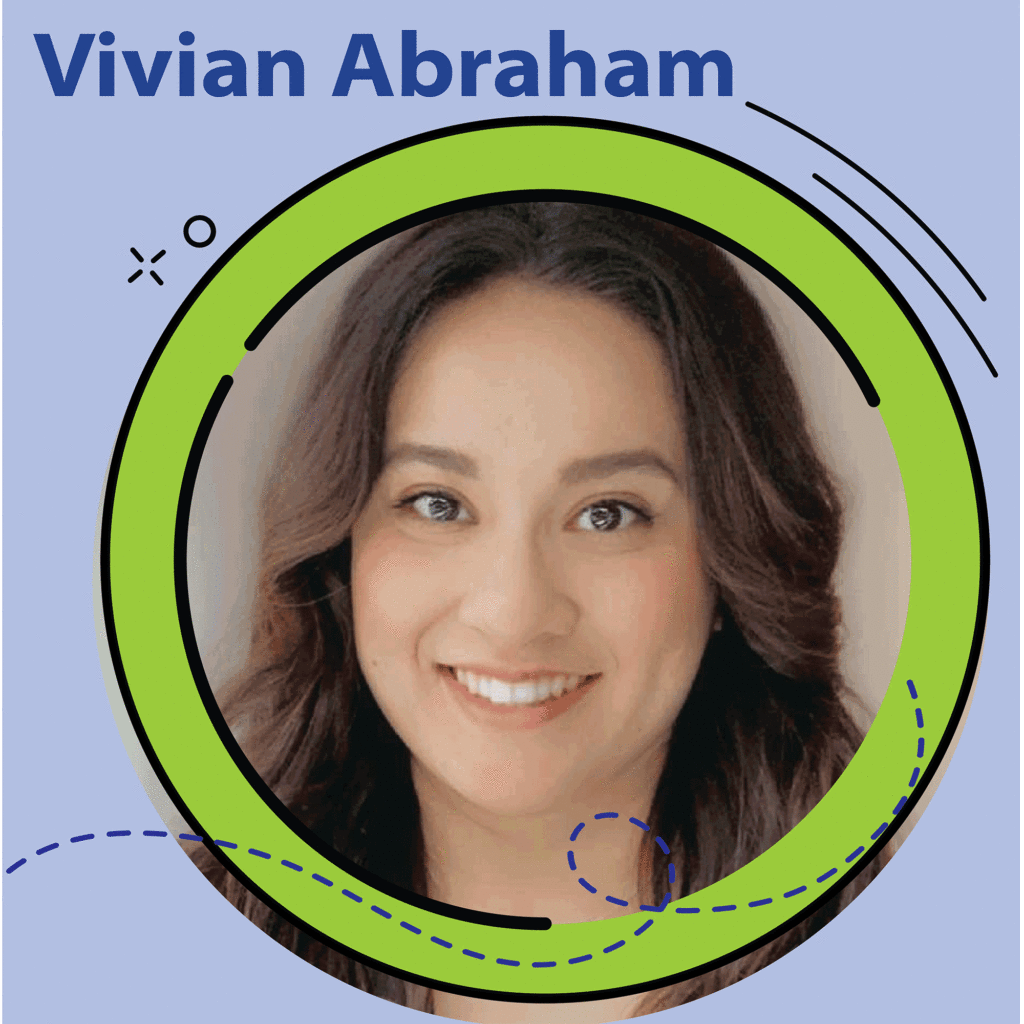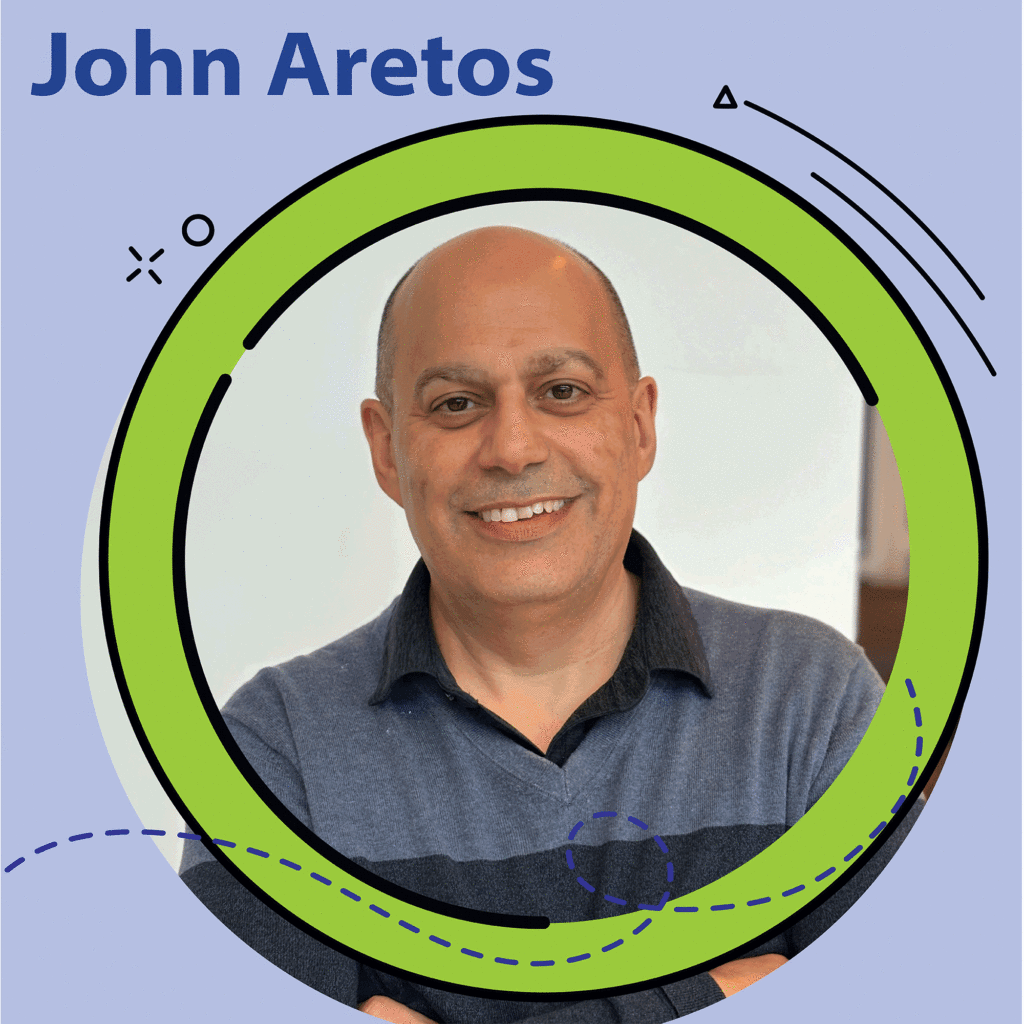
Conventional mortgages are the preferred option for most borrowers with higher credit scores and income. Conventional mortgages can be used to purchase primary residences, secondary residences, and investment properties.
It’s possible for first-time home buyers to qualify with a down payment as low as 3%. However, the down payment requirement can vary depending on your personal situation and the type of loan (or property) you’re getting:
If you’re refinancing a conventional loan, you’ll need more than 3% equity. However, in every case, you’ll need at least 5% equity.
There are several ways that a conventional mortgage could give home buyers a head start over other buyers who have lesser qualifications.
Homeowners with good credit and funds for a larger down payment could avoid paying upfront mortgage insurance or paying monthly mortgage insurance like an FHA loan. Other advantages include:
Private Mortgage Insurance (PMI) is required for all conventional loans with less than 20% down. The cost for PMI will vary depending on your loan type, credit score, and down payment amount. PMI is generally paid as part of your monthly mortgage payment, but some buyers pay it as an upfront fee included in their closing costs – others will pay it in the form of a slightly higher interest rate.
This PMI will automatically fall off your monthly mortgage payment once you reach 22% equity in your home, or you can contact your lender to request the removal of PMI when you reach 20% equity in your home.
Other requirements for a conventional loan include:
Police Mortgage Conventional Loans qualify for Killed in the Line of Duty Loan Protection, a special debt cancellation benefit created exclusively for active, full-time Law Enforcement Officers.

Contact us to learn more about our Conventional Loans.

I have my bachelor’s in business administration and have been involved in the banking industry for over 10 years. During this time, I managed two of the National Police Federal Credit Union locations prior to transitioning to Police Mortgage. I have family members who are police officers with the Chicago Police Department. My work has been very rewarding, and I take pride in having assisted countless members and their families with their financial needs and financial wellness. My hobbies include exploring new restaurants in the city and running for marathons that support pediatric cancer foundations and Chicago Police Memorial Foundation’s Run To Remember. I come from a large family primarily from the south side of Chicago and love to share all the diversity and beauty the city has to offer with my two children.

I am honored to grow up in a multi-generational family of Chicago Police Officers. I joined Police Mortgage in the summer of 2020 and love the opportunity to help both first-time buyers and repeat clients alike achieve their dreams of purchasing a home. Having been born and raised in the south suburbs of Chicago, I happily live in the Lakeview neighborhood today. Along with my two younger sisters, I am a graduate of the University of Illinois at Urbana-Champaign and a lifelong Chicago Bears fan. I have a strong passion for food and love exploring the vast array of restaurants throughout our city. Nothing makes me happier than spending a summer afternoon on a golf course with family and friends!

I joined my brother at Police Mortgage as a loan officer in August of 2021 after a 10-year career in sales and marketing. Most recently, I worked as a Senior Account Executive for Ricoh North America, an office electronics company, where my main responsibilities were building new client relationships and maintaining over 400 existing customer accounts. I believe my work experience has transferred over to the mortgage industry well, because I am able to multi-task effectively while working with multiple customers. The skillset I learned in my previous employment allows me to stay organized and to manage my time well for my customers. My number one goal is always to make the loan process as quick and painless as possible for our borrowers. I am excited to further develop the Police Mortgage brand with my brother. It is a unique situation, and I believe working in an office together allows us to help our borrowers even more due to streamlined communication and our ability to help each other with our respective files. I like to spend my free time relaxing, watching sports, exercising, going out to eat with my wife, and trying to keep up with our three daughters – all under five years old!

After graduating from the University of Missouri in 2015, I moved to Chicago where I began a career in marketing at a firm called Ansira. I sought a career change and contacted Police Mortgage, where I was first introduced to the mortgage industry. I have spent the last 5 years training with our CEO, John Aretos, who has taught me all of the intricacies of the mortgage process. I love finding solutions for our clients to help them purchase the home of their dreams. I feel a huge sense of accomplishment when helping homebuyers, especially first-time homebuyers, all the way through the loan process, from pre-approval to closing day. I recently moved back to my hometown of St. Louis, where we opened a new office. I am excited to help start this new chapter for Police Mortgage. My wife, Megan, and I are happy to be back in our hometown. We are always checking out new outdoor events such as music or food festivals – anywhere we can take our dog, Remy!

As the CEO of an organization associated with serving the Police and their loved ones, I am privileged to play a role in helping our clients achieve their life’s financial goals. Our mission is to make the home buying or refinancing process as comfortable as possible, providing our clients with competitive products and excellent service.
I was born and raised in the Chicago metropolitan area, and I have a deep-rooted love and appreciation for the diverse culture which makes our city so special. My two older siblings and I grew up working in our parent’s restaurant, which instilled a work ethic and sense of family that I carry with me to this day.
I am a graduate of Indiana University and have been involved in the mortgage industry for nearly 25 years, helping thousands of clients save money or finance the home of their dreams. My passions are passing down my love of food, music, art, snow skiing, and red wine to my three children, who motivate me to be a better person each and every day!